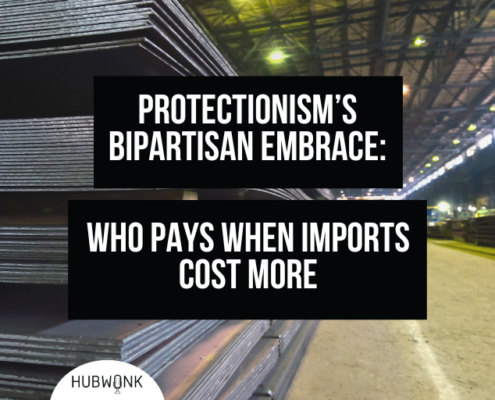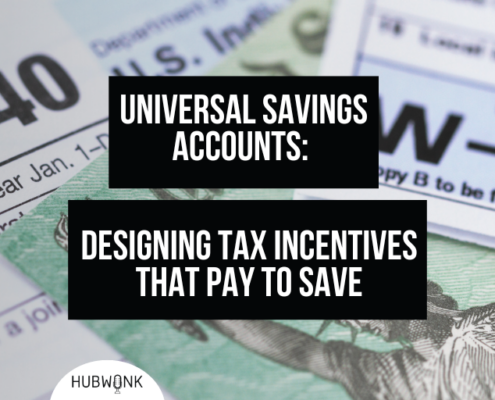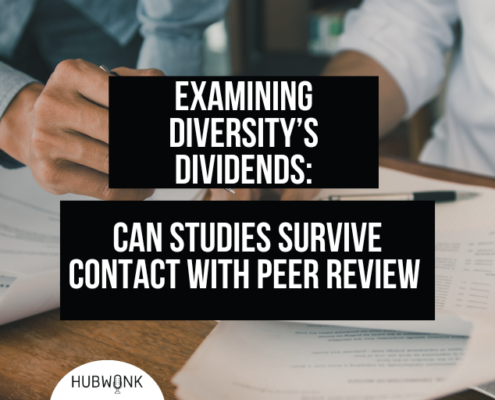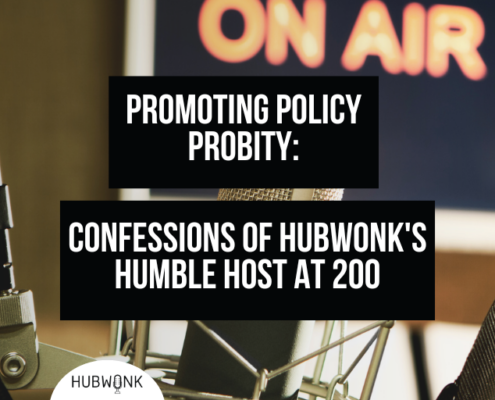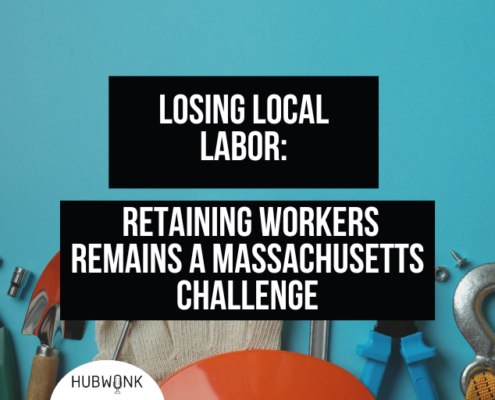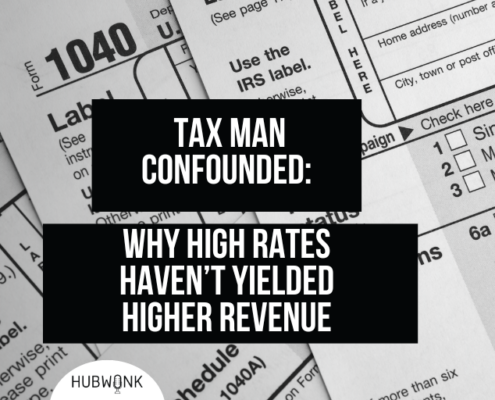Drug Rebates: How Pharmacy Benefit Managers Manipulate Price & Limit Choice
Join host Joe Selvaggi and his guest Dr. Bill Smith as they discuss the complex incentive structure between drug manufacturers, health plans, and pharmacy benefit managers. In this episode, they focus on how drug rebates work and how a system intended to optimize value may actually deliver higher costs and fewer choices. Joe and Bill also use this framework to speculate on the price of a COVID-19 vaccine, and who will likely pay for it.
Guest:
Dr. William Smith is Visiting Fellow in Life Sciences at Pioneer Institute. Bill has recently published a working paper entitled, Growing Drug Rebates Hurt Both Consumers and our Healthcare System. He is here to share with us his findings on how drug rebates work and how they affect which drugs we are prescribed and how much we pay. Bill has spent ten years at Pfizer as Vice President of Public Affairs and Policy, has been President of a medical device company, and has had senior staff positions with U.S. Congressional House leadership, the White House, and in the Governor’s office in Massachusetts. He earned his PhD at the Catholic University of America and a bachelor’s degree from Georgetown University.
Get new episodes of Hubwonk in your inbox!
Related Content


